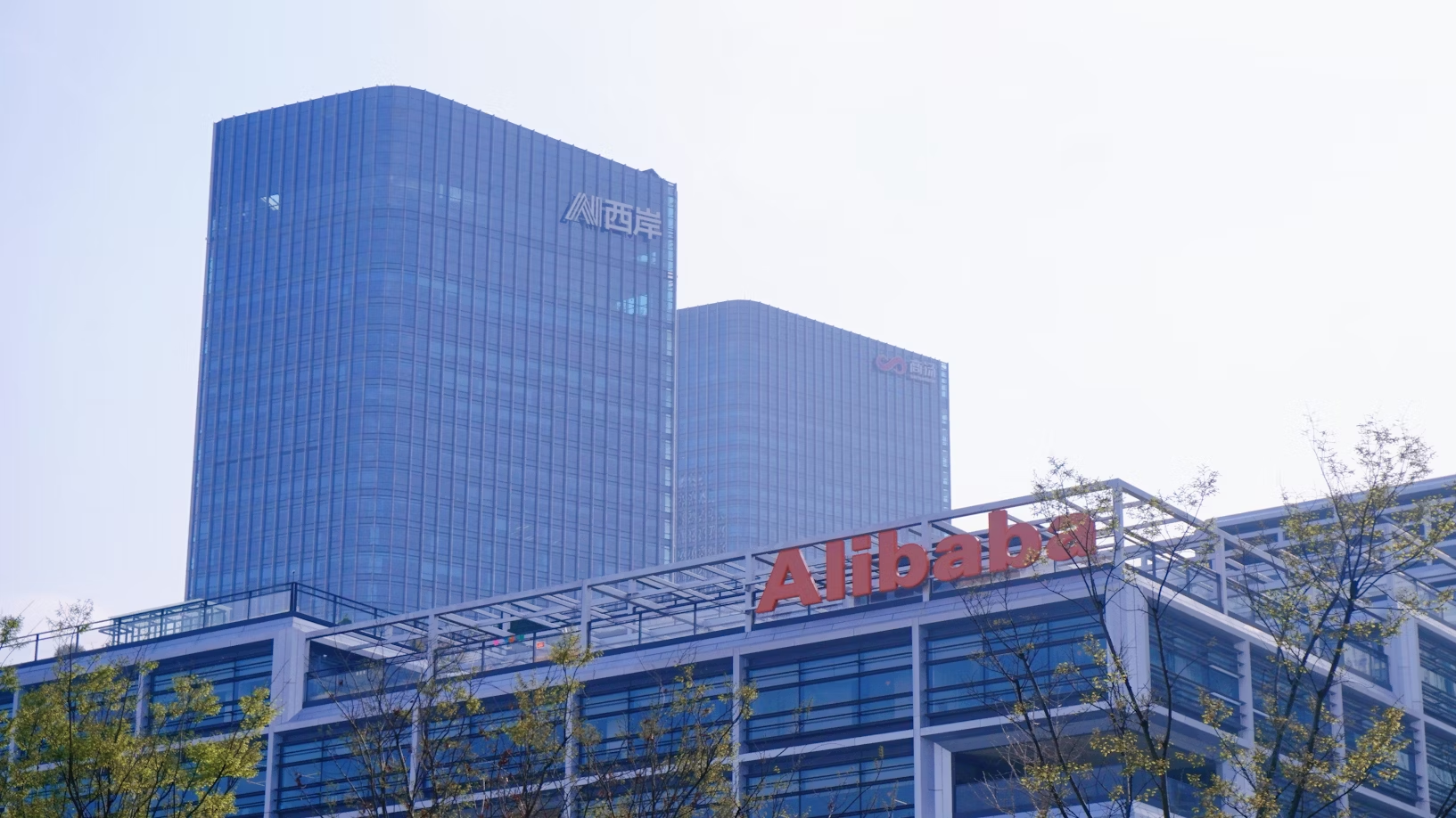
In recent weeks, Alibaba has made amazing progress in artificial intelligence, enhancing its reputation in both hardware and software technology, aiming to be a leading global tech innovator. The company has unveiled a new generation of AI hardware codenamed C930, a custom-designed chip optimised for large-scale AI workloads to foster greater self-reliance in its computing infrastructure. This development not only reduces dependence on foreign semiconductor suppliers but also enhances the performance and efficiency of Alibaba’s cloud and AI services, with full supply chain control to build a fully integrated AI stack from silicon to software.
Complementing its hardware advances, Alibaba has also rolled out a suite of AI-powered tools across its e-commerce and enterprise platforms. These new capabilities range from intelligent customer service agents to real-time supply chain optimisation, leveraging the company’s latest large language models to empower small and medium-sized businesses with enterprise-grade AI at scale. At its annual CoCreate summit, Alibaba demonstrated how generative AI is being embedded into everyday business workflows, enabling merchants to automate content creation, personalise customer experiences, and streamline logistics with ease.
Arguably most interesting, Alibaba has doubled down on open-source AI, releasing a powerful new multimodal model that supports text, image, and voice understanding in a single architecture. By making this technology freely available to developers worldwide, Alibaba is cultivating a collaborative AI ecosystem while challenging the dominance of western closed, proprietary systems. As the company continues to expand its cloud AI offerings internationally and invests heavily in developer outreach, it might just be the frontrunner in the intelligence space.
Sources: CBSNews, The Hill
Photos: Unsplash
